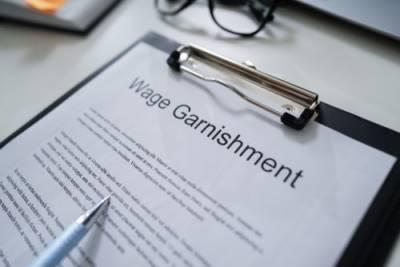
Debt can be a difficult issue to deal with, but it is something that affects most people. Regardless of the reasons why debts have accrued, an individual or family that experiences financial difficulties may be unable to make payments as required, and this may lead creditors to seek legal judgments against them. In these situations, a debtor may find themselves facing wage garnishment or liens against their property. By understanding the best ways to deal with these issues, including the options for filing for bankruptcy, debtors can determine how to receive relief from their debts and avoid ongoing financial problems.
What Is Wage Garnishment?
Wage garnishment is the legal process of taking money from a person's paycheck or other forms of income in order to pay debts owed. When a creditor initiates a lawsuit against a debtor, and the court rules in their favor and states that they are allowed to collect the debt, the creditor may then seek to enforce this judgment through a wage garnishment order.
...



















